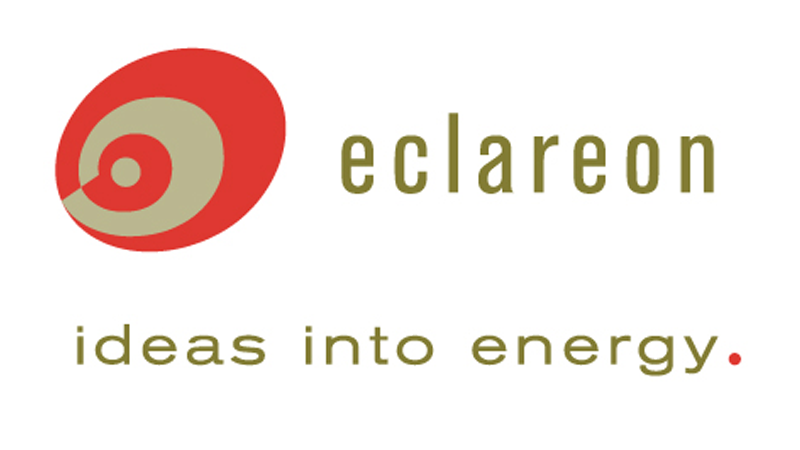-
In the PENTA region, effects from differences between national regulatory environments for the cost of renewables projects are significant and can even be larger than cost effects from differences in resource availability.
Cumulated cost effects from national regimes on planning, permitting, grid connection and usage, taxation and financing range from 12 EUR/MWh in Germany to 26 EUR/MWh in Belgium. A wind park in Belgium would thus need to have 20% more full load hours than a German wind park to equalise these effects of the national policy environment.
-
EU rules on renewable energy push for enhanced cross-border cooperation, but currently do not offer a consistent framework for implementation.
Cross-border cooperation on renewables is addressed i.a. in the EU Renewable Energy Directive, in the EU Regulation on the Governance of the Energy Union and in EU State Aid rules. A prerequisite for successful implementation is to better understand how national regulatory environments outside renewable energy support frameworks shape investor choices.
-
Cross-border renewables cooperation needs to address the impacts of differing regulatory conditions on LCOE.
Governments and regulators involved may agree on the coordinated convergence of some regulatory conditions towards recognised best practice. Where convergence is not feasible or desirable, the focus will be on whether and how to account for existing differences in the design of competitive auctions.
-
Insights from cross-border renewables cooperation are essential for future European approaches.
These learnings will be relevant e.g. in the context of the EU 2030 renewables gap filler mechanism or the Renewable Energy Projects of European Interest.
Cross-border renewables cooperation
The impact of national policies and regulation on the cost of onshore wind across the PENTA region and priorities for cooperation

Preface
In July 2018, European Union legislators set a binding EU-wide energy target for 2030: at least a 32% share of renewables in gross final energy consumption. To meet this target, over 50% of the power generation mix will have to consist of renewable energy. In some countries or regions, the percentage will be even higher.
A variety of EU regulations on renewables, power market design and state aid are in place to improve cross-border cooperation. So far, however, EU countries have collected little practical experience with cross-border renewable collaboration. The few existing initiatives show that cross-border collaboration could make better use of resources and generate renewable energy at a lower cost.
At the same time, choices made by project developers and investors indicate that permitting regimes, grid connection conditions, taxation rules and access to finance are just as important as the availability of resources and the renewable energy support framework.
The problem, of course, is that the regulatory environment differs significantly from country to country. How can cross-border cooperation support an efficient and effective deployment of renewables then? What are the practical consequences for cross-border collaboration? How can the opening of national support schemes work politically and economically meaningful?
To answer these questions, this study quantifies the effects of national policies and regulations on the costs of onshore wind projects for the Pentalateral Energy Forum region (Austria, Belgium, France, Germany, Luxembourg, the Netherlands and Switzerland) and suggests pragmatic steps for addressing differences in the costs of renewable energy projects that result from regulatory and administrative conditions.
Key findings
Bibliographical data
Downloads
-
Main Report
pdf 712 KB
Cross-Border Renewables Cooperation
The impact of national policies and regulation on the cost of onshore wind across the PENTA region and priorities for cooperation
-
Translation
pdf 521 KB
Coopération transfrontalière dans le secteur des énergies renouvelables (Résumé)
French translation



